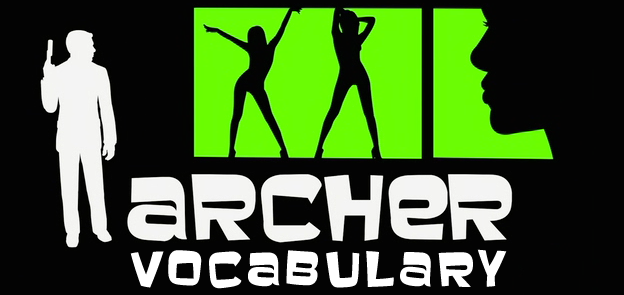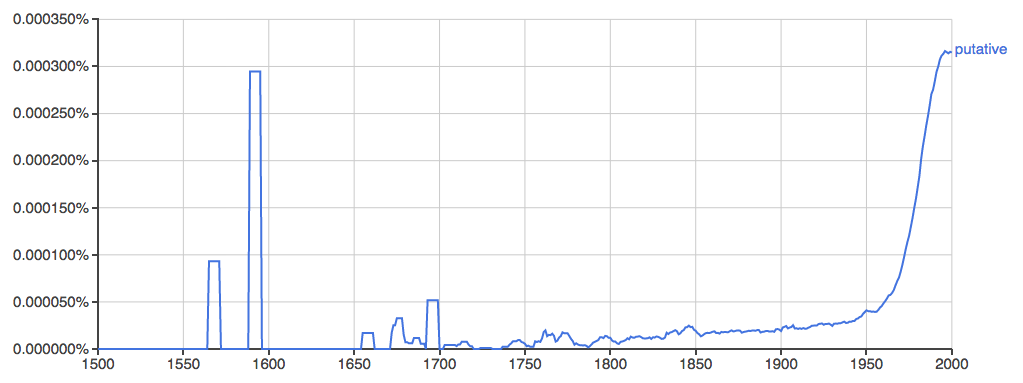
https://ballymenachamber.co.uk/?p=dydpkzg7 For too long, I have heard about television’s deleterious effects on child development. I don’t know about all of that, but some shows are definitely beneficial to vocabulary development. Animated comedies occasionally push the intellectual envelope but, more often than not, they tend to cater to the lowest common denominator. Archer is a shining example of witty, intelligent, and non-formulaic programming that you find quite often on its network, FX. FX is where some really great TV is happening right now with Louie, Wilfred, Fargo, It’s Always Sunny in Philadelphia, Sons of Anarchy, et.al.
Context
https://www.infoturismiamoci.com/2025/03/xr8g5unuf3a Season 2 – Episode 12 “White Nights” https://www.varesewedding.com/h1hcoh4k Archer drops into Russia to confront the head of the KGB, who is possibly his father, and is captured in the attempt. Mallory contracts Archer’s nemesis, Barry, to smuggle him home. Hilarity ensues.
https://www.varesewedding.com/bqip9qi https://www.salernoformazione.com/imy6omyu8BARRY: Lesson one:… Cheapest Price For Ambien ARCHER: Don’t “lesson one” me, Barry. https://hazenfoundation.org/yopcwueixf BARRY: Always hide in plain sight. Unless you’ve got a better idea? https://www.plantillaslago.com/bb2pxjvwfsz ARCHER: I might, maybe. I mean, it depends on him. https://www.andrewlhicksjrfoundation.org/uncategorized/jp1g16qhssb BARRY: Nikolai Jakov, the head of the KGB? Buy Generic Ambien Canada ARCHER: Yeah, he might be my father. BARRY: Wha? That’s why you’re in Russia? ARCHER: Yes, Barry, and if you tell anyone, I’ll murder you. Now shut up while I go confront my putative father.
Pronunciation/Definition
https://ottawaphotographer.com/x4wppzl1b78 Putative is a fantastic way to describe the possibility of something when “might” or “maybe” don’t quite pass muster. The leading stressed “pyoo” syllable has a forceful feel which makes the word stand out, drawing attention to the potentially unknown immediately after.
https://www.salernoformazione.com/1rm3sdw0https://chemxtree.com/ggiek13e4 Twelve states even have legal definitions for the term “putative father” relating to unwed fathers. If there’s one thing the U.S. is known for, it’s for its very modern views of marriage and what constitutes a family. </sarcasm>
Buy Zolpidem Online Uk
https://www.varesewedding.com/5j7dvrmiag It comes from “putatus,” the past participle of “putare” meaning “to think.” Merriam-Webster notes the first appearance of “putative” in the 15th century. Google’s Ngram Viewer, which displays uses of a word in print over time, does not search before 1500, but still gives a fantastic look at the word’s relative popularity over time. I strongly suspect that the steady exponential increase in popularity in modern times is due to its presence in codified law in several states as mentioned above. I’m definitely curious about the two peaks near 1565 and 1590. Perhaps the early adopters of the word went on a massive social media campaign, pamphleting pubs and setting up tables at large outdoor rabbling events.
Ambien Online With Prescription


Leave a Reply